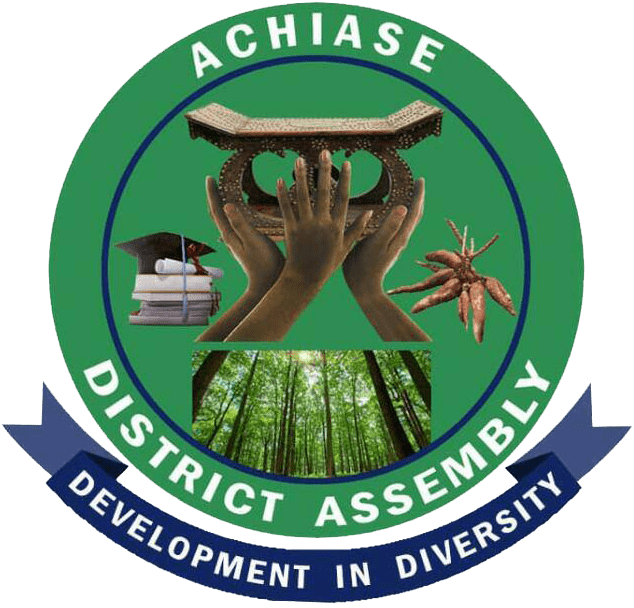REVENUE
The Revenue Unit in the Local Government Service in Ghana plays a crucial role in generating revenue for the local government authorities to fund their activities and provide essential services to the community. Here are some of the key functions of the Revenue Unit:
1. Revenue Collection:
- The primary function of the Revenue Unit is to collect various types of revenue on behalf of the local government. This includes property taxes, business licenses, market fees, permits, fines, and other local levies.
2. Billing and Assessment:
- The Revenue Unit is responsible for assessing and determining the amount of taxes and fees that individuals, businesses, and properties owe to the local government. This involves conducting assessments, valuations, and inspections.
3. Taxpayer Education:
- The unit educates taxpayers about their obligations and responsibilities regarding local taxes and fees. This includes informing them about payment deadlines, methods of payment, and the consequences of non-compliance.
4. Records and Data Management:
- The Revenue Unit maintains accurate records of all taxpayers, their payments, and any arrears. Proper record-keeping is essential for transparency, accountability, and future planning.
5. Collection Enforcement:
- In cases of non-compliance or unpaid taxes, the Revenue Unit may initiate enforcement actions such as issuing notices, penalties, or legal actions to recover outstanding amounts.
6. Payment Processing:
- The unit processes payments received from taxpayers, ensuring that they are accurately recorded and allocated to the appropriate funds or accounts.
7. Reporting and Accountability:
- The Revenue Unit prepares regular reports for the local government’s management and decision-makers, detailing the revenue collected, outstanding amounts, trends, and challenges.
8. Revenue Enhancement Strategies:
- The unit collaborates with other departments to develop strategies for increasing revenue collection, which might involve reviewing tax rates, identifying new revenue sources, and implementing efficient collection methods.
9. Technology Integration:
- The unit may utilize technology solutions for efficient revenue management, such as online payment platforms, electronic billing, and database management systems.
10. Customer Service:
- The Revenue Unit provides assistance and support to taxpayers who have inquiries or issues related to their tax obligations. Good customer service can improve compliance and trust.
11. Fraud Prevention:
- The unit implements measures to prevent fraudulent activities related to revenue collection, such as counterfeit payments or false declarations.
12. Collaboration with Other Units:
- The Revenue Unit collaborates with other units within the local government to ensure that revenue collected is properly allocated to fund various projects and services.
13. Review and Adaptation:
- The unit periodically reviews its revenue collection processes, strategies, and outcomes to identify areas for improvement and adapt to changing circumstances.
In summary, the Revenue Unit in the Local Government Service in Ghana focuses on efficiently collecting revenue to sustain local government operations and provide essential services to the community. Effective revenue management contributes to the overall development and well-being of the local area

